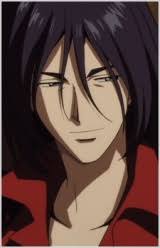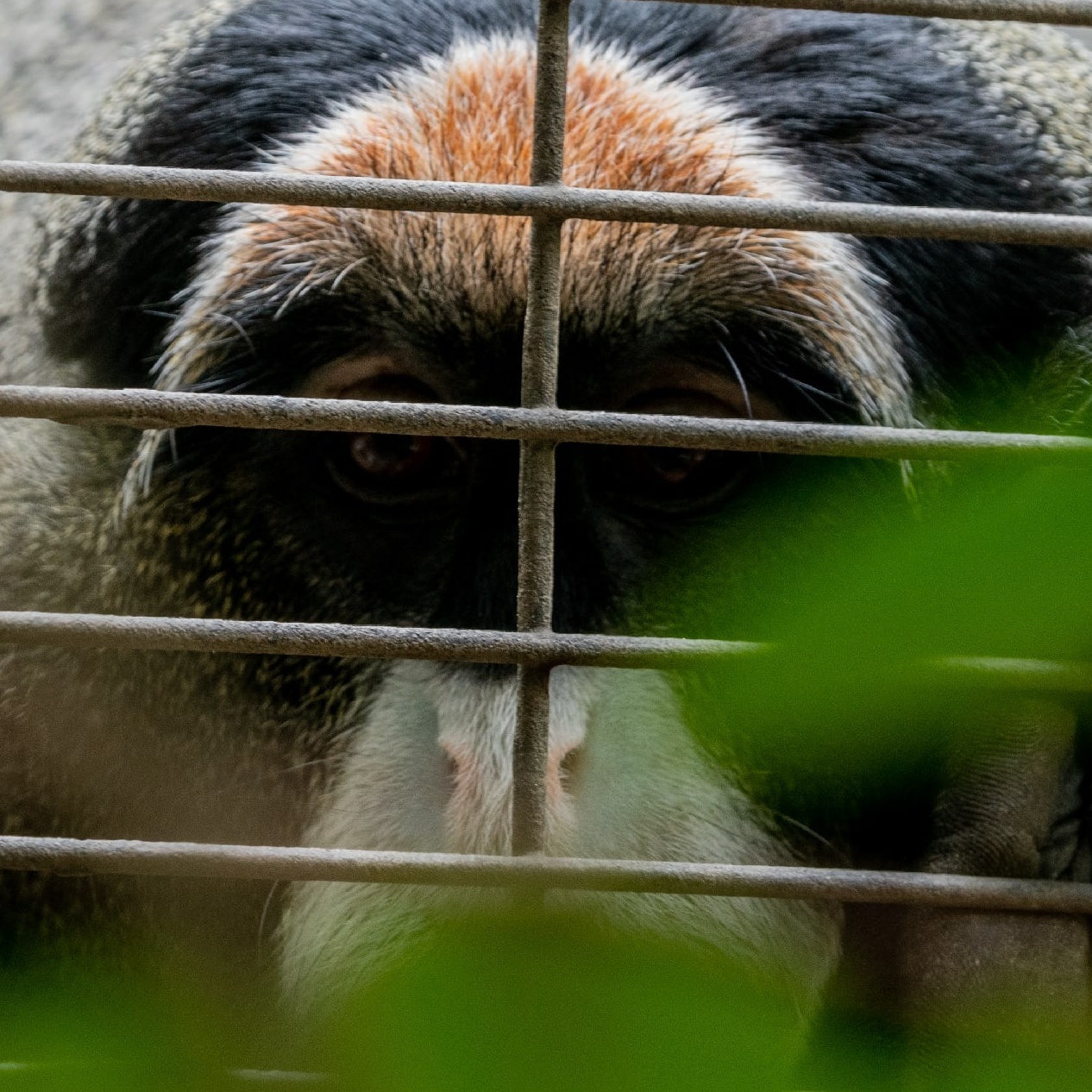Had a coworker ask me about the cultural revolution because I know things, particularly pertaining to China and Chinese history, but the cultural revolution is a blindspot for me, so I couldn't really answer.
I missed the opportunity to educate, and every moment since then has been agony. Please help me amend this.
Thanks in advance, comrades.
I've heard that The Unknown Cultural Revolution by Dongping Han is good. Another good book I've heard of is The Battle For China's Past by Mobo Gao. If you want a perspective from a Western commenter, check out the work of Erza Vogel.
Thanks for that. I figure that Chinese sources are probably best (if they aren't lib), but I think having some Western view to contrast it with would be helpful, too (if they aren't lib...)
That's what I'm starting with. The book's description seems pretty antithetical to your perspective that the CR was overall bad. Chinese people I've spoken to (in China) also believe it was an overwhelming negative event. Most people on hexbear seem to think it was bad, too.
I'm curious as to what Gao has to say because he seems to be arguing against a total consensus.
Every thing I said was what I experienced in China from Chinese.
I asked a friend the name of the play and I believe it was called the Goldbach conjecture. The man the play was about is called Chen Jingrun (陈景润)
Gao was a lecturer for a couple of my subjects. Had some good insights.
Thanks. I'm currently in China and had a great conversation about it with my local coworker.
She echoed the line that you put out. However, when I pressed her about who writes these stories, she did concede that all of the views come from the intelligentsia and the rural people are often overlooked. She still holds that the aims of the CR were not pure, though.
It's really great to have these conversations that are wildly different than anything in the West.
You're lucky you could listen to Gao lectures. Must have been really interesting.
If you want something easy you could try watching "to live 1994" there is a scene where they are trying to find a midwife during the cultural revolution. This scene pretty much sumed up the feeling I got while in China.
There is also the doco "China a century of revolution" would have a decent amount of time allotted to it.
It is absolutely ok to shit on the cultural revolution while in China. Like Mao is 90 percent good and 10 percent bad, and the bad is the Cultural Revolution.
I saw a play (based on true story) at Tsinghua Uni by Xiamen Uni that was massively critical. Mainly covering the theme of those that had skills (but not fanatics) being seen as counter revolutionary by zealots.
Plenty of historic Buddhist stuff was smashed up. I was told that the best way to save stuff was to put a picture of Mao over the face of a statue to prevent damage.
I could say more, not all bad either, but it would all be off the cuff with no book suggestions....
If you do find some good reading let me know if you find anything regarding the potential of a PLA split. My professor suggested this in passing but I haven't been able to find anything and haven't gone back to discuss.
It's all pretty foggy in my mind now. Enjoy your research.
it's very difficult to wrap my head around the destruction of historic objects. because recast the scene in my home town i do want to break many things of 'historic significance'. destroying things from the Qing in 1966 was destroying things from a regime that was in living memory. theres something terribly cathartic feeling about ritual violence against monuments to past violence; we love our desecrations of modern statues to confederates & colonizers quite a bit.
on the other hand im a history student & yeah it is very romantic to imagine something smashed in revolution was a vital piece that'd transform our understanding of everything. probably wasn't though. and the Cultural Rev. did at times reach the realistic balance of what we'd call "best practices"---recording & photographing objects/places before they went sickomode on them. the French revolutionaries didn't bother at all & while we're aware of some gaps in out knowledge because of that its an overstatement to pretend we've lost anything that important (or that such things would necessarily be accessible now sans revolution)
The four olds. Get rid of them all!
Imagine the results of a successful campaign in America. Permanent cultural change. A revolution, if you will.
Yeah, I probably should have said 1000s of year old statues. Important for some, stuff for others.
I haven't actually read it, but I've had "The Case of the Gang of Four" recommended.
It looks mysterious. It was published in 1977 and most editions include written work from Deng Xiaoping. Looks very of it's time.
Unfortunately, I can't find any actual info, summary, or review of the book.
I'm pretty sure I have it on my computer. I'll see if I can find my copy when I get back from work.
Thanks, but I can grab it on libgen. I mostly wanted to read some reviews or background info before diving in.


